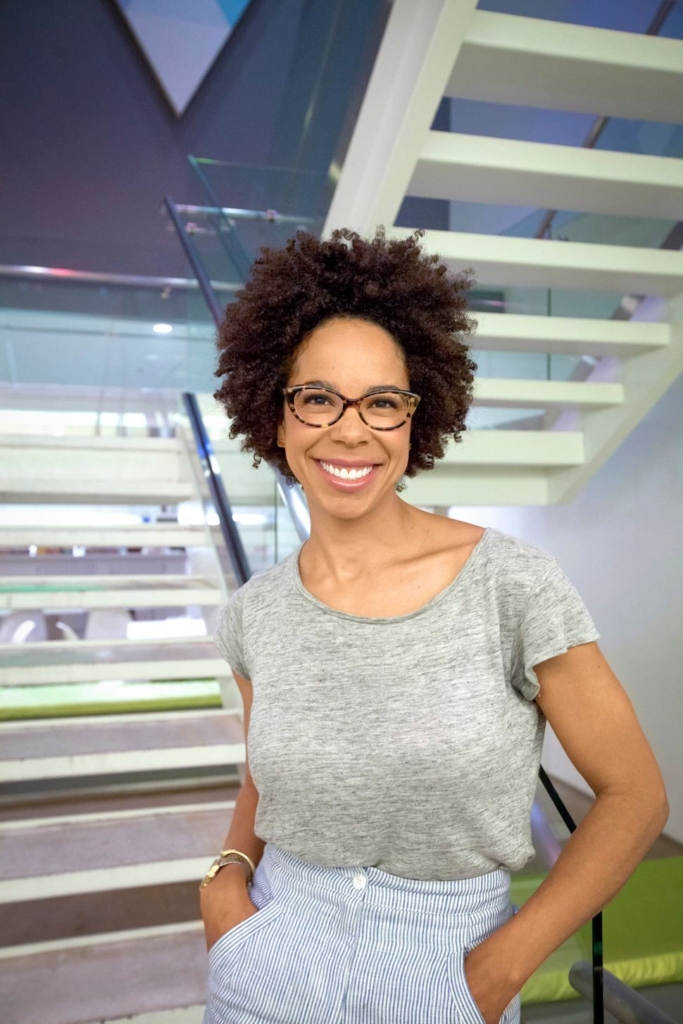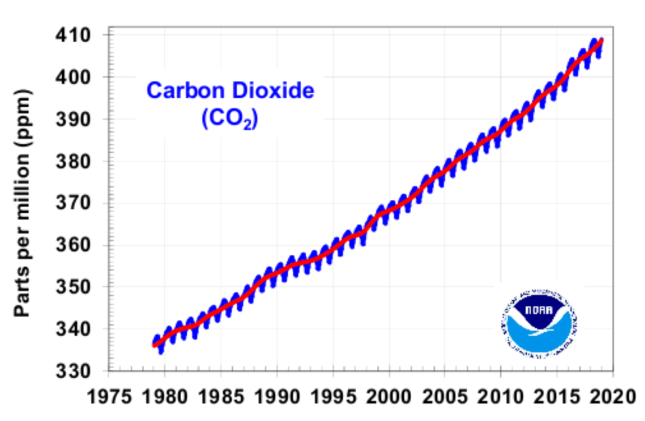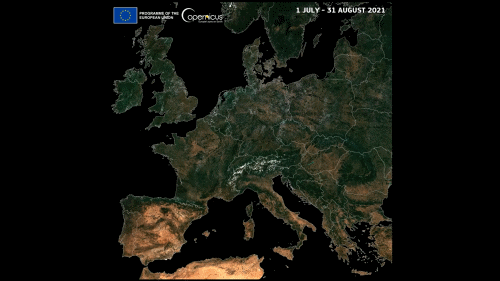We spoke to five climate experts about what gives them hope – “I have a tenuous relationship with hope these days, but I am certainly bolstered by the fact that we already have all the solutions we need”

By Kyla Mandel
26 December 2019
(Huffington Post) – This year comes to a close after an onslaught of bleak and terrifying revelations about the state of our planet. Glaciers are melting, species are dying, forests are burning and climate tipping points ― thresholds which, if breached, will usher in uncontrollable warming ― are about to be crossed. The climate is clearly in crisis.
The world has just lived through what is expected to be the warmest decade ever recorded, and the United Nations recently warned that heat-trapping fossil fuel pollution must drop by more than 7% each year if there’s any chance of averting the worst effects. The scale of action required is unprecedented and daunting.
Confronted with this information, it’s easy to feel hopeless and anxious. This anxiety is so pervasive that in November psychologists from more than 40 countries signed a resolution acknowledging that climate-related events, like wildfires and flooding, can have major mental health effects and pledging to increase the availability of mental health services to help people cope.
But in the midst of all of this, momentum is building. Scientists are speaking out, children are protesting and politicians are drafting proposals. For the first time, climate change has been a leading election issue in the United States, and for more than a year now, youth climate activists around the world have been taking to the streets demanding change.
We spoke to experts on the front line, those who have dedicated their time to tackling the science and developing solutions, to better understand what they hope for ― and what gives them hope. […]
Ayana Elizabeth Johnson, marine biologist. Founder and chief executive of Ocean Collectiv, a consulting firm for conservation solutions grounded in social justice, and founder of Urban Ocean Lab, a think tank for coastal cities.
“I have a tenuous relationship with hope these days, but I am certainly bolstered by the fact that we already have all the solutions we need. From renewable energy, to replanting ecosystems, to regenerative farming, to retrofitting buildings, to electrifying transportation, to reducing waste — we don’t need to wait for new technologies, we just need to get to work. Plus, much of that doesn’t require the federal government, and there is so much beautiful and creative work happening at local levels just waiting to be replicated and spread.
“I’m also aglow about what I call the ‘feminist climate renaissance’ that we are witnessing. There have always been women leaders on climate issues, but they are now, finally, starting to get the resources and platforms they need to flourish. The youth climate movement is led primarily by girls and young women, and there are two older generations of women standing right beside them. The notable thing about these women leaders is how collaborative and generous they are. I’ve never seen anything like it in work or in a movement.
“As for 2020, I’m looking forward to having a new president, one who prioritizes climate action and puts us on a fast track to zero emissions. And my holiday wish is for every American to read the Green New Deal. The big secret is that it’s only 13 pages ― double-spaced and large font! So I hope you’ll cozy up with it this holiday season so that as a society we can all have an informed conversation about how to shape the policy changes we need to secure a livable climate.” [more]


